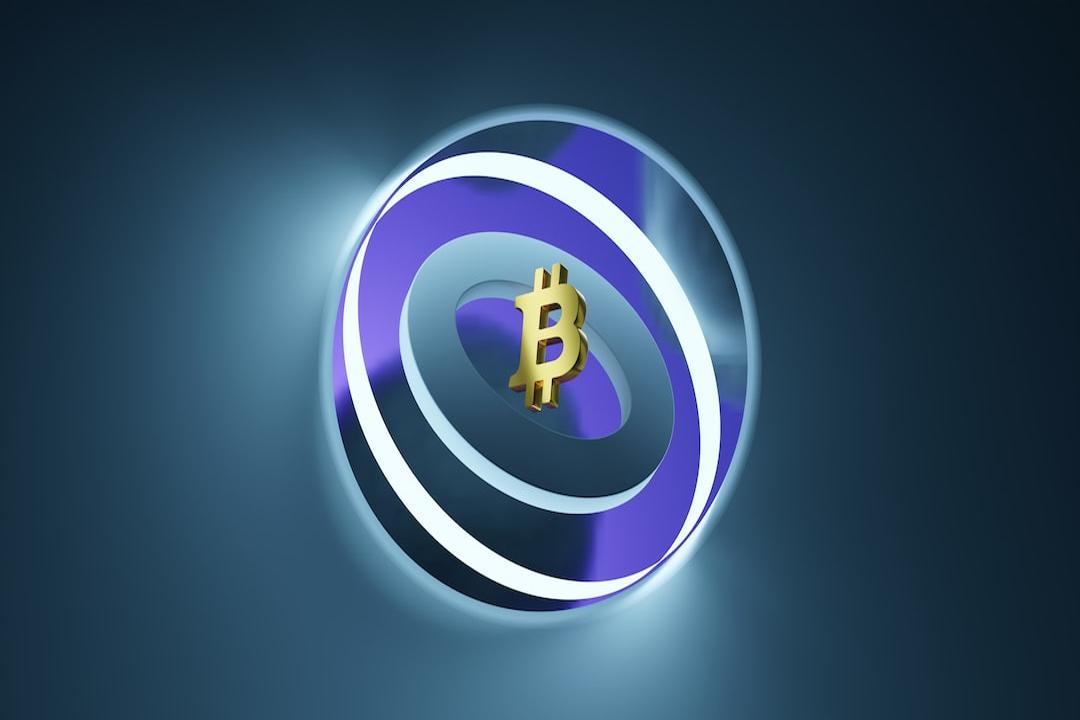
The native token of Manta Network began trading on various exchanges yesterday. However, due to a DDOS attack on the Manta mainnet RPC nodes (according to official statements), there were 135 million visits in a short period of time, resulting in Manta airdrop users being unable to claim and sell tokens at the opening (although the official claimed that the issue had been fixed last night, most users were still unable to withdraw the airdrop at the time of writing).
However, during the period when most users were unable to sell tokens, a strange transfer transaction appeared on the chain, triggering discussions in the Korean community.
Table of Contents:
Toggle
Manta team accused of market manipulation and money laundering
Manta’s cold treatment of public participants
According to information from the Korean community Definalist, during the DDOS attack on the Manta mainnet RPC nodes, 2.7 million Manta tokens were deposited into Bithumb, with the majority coming from a single wallet address. Definalist stated that during further investigation into the source of these Manta tokens, signs of money laundering were discovered.
Specifically, a large deposit of MANTA tokens (approximately 2 million) on the Bithumb exchange can be traced back to wallet A, an account named “Sumvely” (now renamed “velty”) on Ethereum’s OpenSea, which also owns an NFT used as a personal profile picture by the Manta team’s Korean BD.
After further investigation, it was found that wallet A made a large deposit of MANTA tokens into Bithumb, and significant buying activity of ETH appeared on the Bithumb exchange at the same time.
Shortly after, wallet A withdrew approximately 2,094 ETH from the Bithumb exchange. This series of events, including the large deposit of Manta by wallet A, the listing of Manta on Bithumb, the detection of a large number of Ethereum buy orders, and the transfer of a large amount of Ether to wallet A, can basically confirm that the “Manta team used the Korean market on the day of listing as a liquidity exit to sell a large amount of tokens.”
In addition to accusing the team of selling tokens during the network outage, Definalist further pointed out that this series of actions may involve money laundering (considering that an employee who has only worked for 5 months is unlikely to own such a large share, so the MANTA tokens probably belong to the team rather than an individual) and other illegal activities such as tax evasion.
Although the Manta team denies Definalist’s accusations and claims that the funds were intended to expand the Korean market, and that the funds associated with the BD address are operational expenses of the Korean subsidiary, Definalist does not seem to accept this explanation.
In fact, the controversy surrounding the issuance of Manta Network tokens does not end there. Manta was originally a Polkadot ecosystem project and held a token public sale on the Tokensoft platform in 2021, raising $28.8 million at the time.
However, participants have not yet received the tokens, and Manta Network and Tokensoft have been quite passive about this matter, without releasing any relevant information. Participants are extremely frustrated, not even knowing which version of the MANTA token they will receive.
Successful Conclusion of CoinEx Taiwan’s 7th Anniversary Celebration, Embracing the Arrival of the Web3 Era Hand in Hand with Users
Since its establishment in 2017, CoinEx has been a professional cryptocurrency trading pla…
